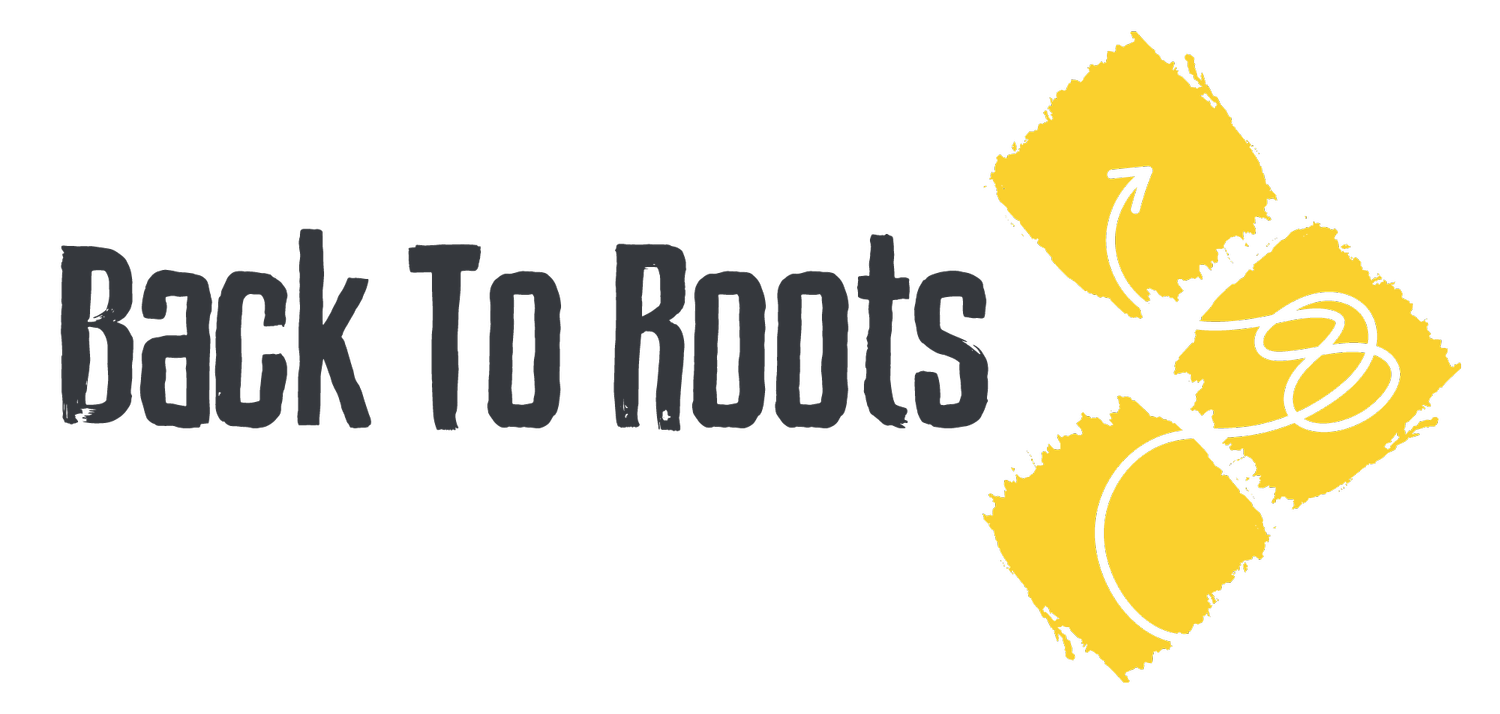Dr Luke R Davies, DC, MChiro, BSc (hons)
This is the about me section, however it would be remiss of me to not introduce all those who have made this company possible, for without them, this incredible adventure would have terminated long ago. If you would just like to know about me, simply see the testimonials section.
It was March 2016 and the end of another hectic day as a Chiropractor in Central London. It was as clear a moment as my flight home from Nairobi, Kenya, where I took the pain staking decision to retire from rugby union. Except this decision wasn't so painful. I had been working, learning and adapting to my new city life, trying to work out where I stand in this massive confusion that is, the health industry when I finally saw the wood through the trees.
There was a biting irony in the fact that I was becoming highly stressed working primarily with extremely high flying clients for, of all things, stress management. My then senior would look for incentives for rewarding high performance, private health is, after all, big-business. All I wanted was to take my colleagues back to where I had come from; mountainous, green, quiet, slow rural Mid-Wales. It seemed a million miles away from the 24/7 hustle and bustle of Central London, and the targets I had to meet to be rewarded, insurmountable.
I had found myself chasing fishing fleets.
Welcome to Luke R. Davies. :)
I was reading the Alchemist at the time by Paulo Coelho which is a fable of a young shepherd boy in pursuit of his treasure in the Egyptian pyramids.
The morale of the story is essentially the same as that of the Mexican and the fishing fleets, which I felt was simply more representative of my entire health paradigm. It is a powerful fable, one that really highlights many of the issues that trouble our [western] society today. There is a striking resemblance of the Mexican and how real life centenarians world wide actually live, in good health too.
It is no coincidence that when we look at pockets of society such as Sardinia (Italy), Okinawa (Japan), Southern California (USA), Hojancha (Costa Rica) and Ikaria (Greece) that these people live so long in such fine health. The themes that run through these communities (known as Blue Zones, see Buettner, 2012) consistently include:
Moving naturally, regularly - Background exercise that isn't thought about.
Eat less - Painlessly consume 20+% less calories than the standard western diet
Less meat, more plants - Less access to meat, particularly processed meat
Drink red wine - yes, does appear to be a theme in blue zones, as much the social implications of doing so and in moderation.
Having a purpose / raison d'être - Why I wake up in the morning / goals
Downtime - clear stress reducing strategies, normally highly social ones.
A faith - not religion, but a sense of belonging, a spiritual community
Loved ones first - Family is an absolute priority
Find the right tribe - like minded companions reinforce any given behaviour, good or bad!
When we look through the list here, it sounds a lot like our Mexican fisherman and perhaps most interestingly just like a Bio-Psycho-Social (BPS) model. A BPS approach is what current best practice advocates in western medicine. I think we could do far worse things than base our models on these societies and it is something that I am very passionate about. This will be very clear throughout this website and in all my health programmes.
“Fables & Fortune Hunters”















